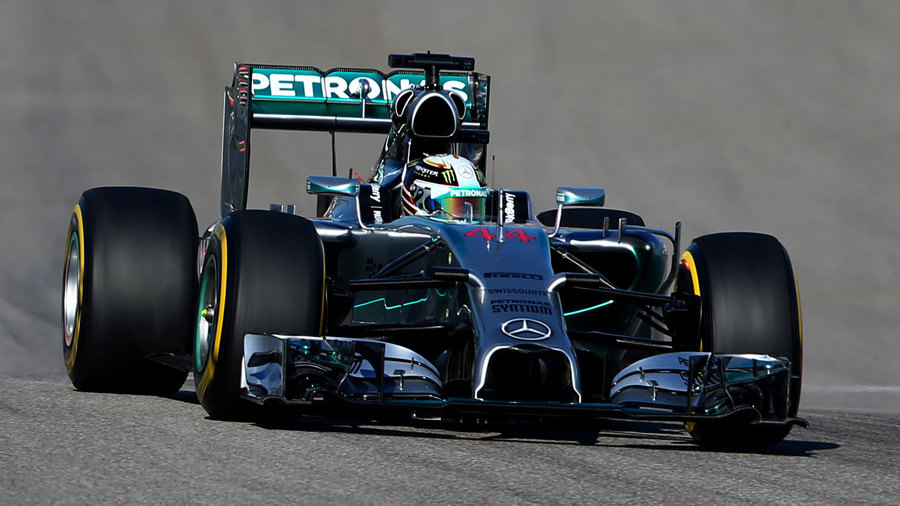- Mercedes
Mercedes ready for engine freeze compromise

Toto Wolff says Mercedes is willing to compromise over Formula One's in-season engine freeze if it can be sure budgets will not rise dramatically.
F1's engine freeze
- Current rules state a certain amount of development can be undertaken on engines year-on-year, with manufacturers able to change 48% of 45 engine components at the end of the current campaign.
- But changes are only allowed to take place out of season and will be scaled down from 2015 onwards. This season engines were homologated on February 28, after which point changes were only allowed for reliability, safety or cost saving reasons.
- As a result of that homologation, Renault and Ferrari have spent much of 2014 on the back foot and unable to cut the advantage enjoyed by Mercedes power.
Mercedes has opposed the push for a relaxation of the rules which sees engines homologated at the start of the season, something Ferrari team principal Marco Mattiacci said is against the prinicpals of F1. Mercedes' main concern has been related to cost rather than performance but Wolff says he is open to finding some middle ground with the team's F1 rivals if it benefits the sport.
"If this is the compromise needed to guarantee long-term stability and agree long term we are not going to change the rules every year, that is something we will look at," Wolff said.
However, cost remains a concern for Wolff, who thinks it is important to note Mercedes supplies eight engines; more than Honda, Ferrari and Renault will in 2015.
"They're asking whether it is possible to extend that period and bring another homologation later in the year, probably with a larger scope of possible developments. That means you have a second spec, so you have to do all the dyno running for a second engine that would be introduced. You cannot track test it because you are only allowed to use one-spec of engine only, so you have to do all the dyno running and make - in our case - eight powerful and reliable engines. This is going to cost a fortune.
"What we have said is we are calculating that, and we are looking at the effect of it. What does it mean financially? What does it mean logistically? We are a team which needs to deliver eight power units at a time. Honda does two, Ferrari and Renault four. So there's a big difference."